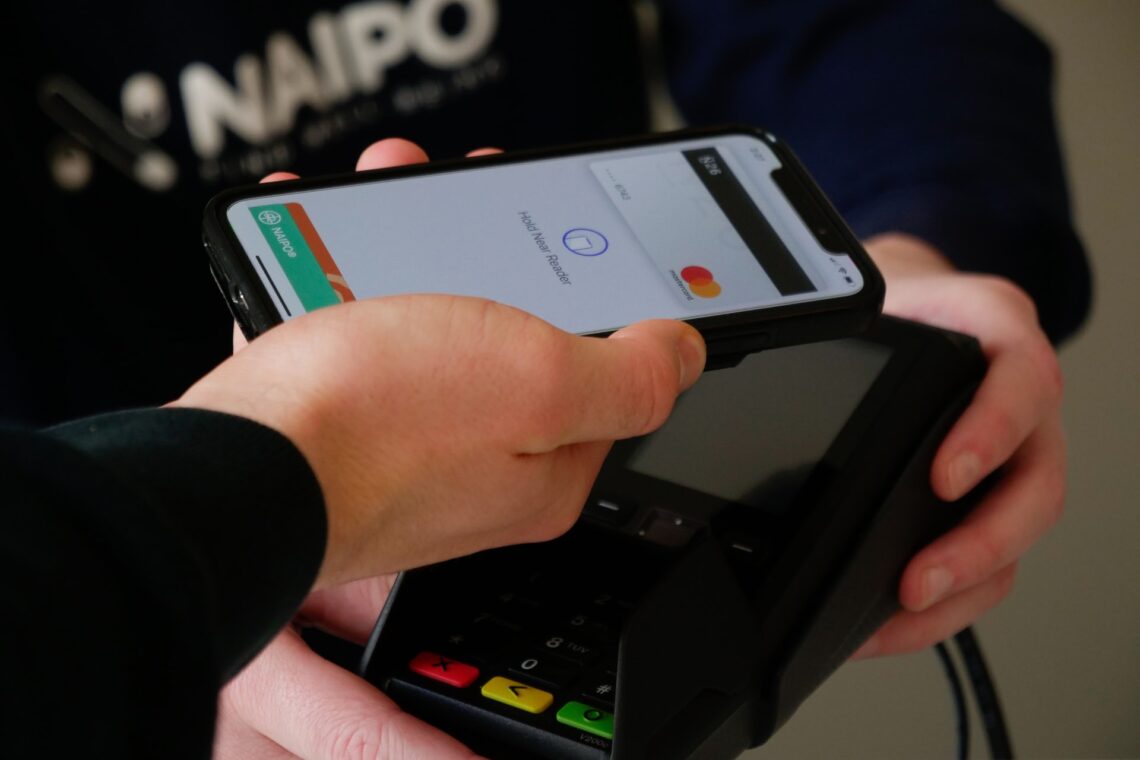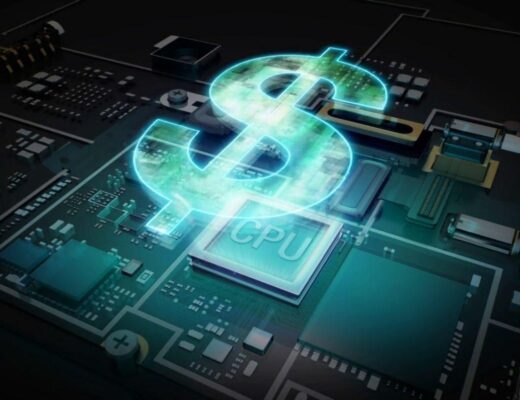Mastercard payment system expands payment options at the checkout
Mastercard announced the launch of a new Biometric Checkout Program, which allows customers to pay at the cash register by simply smiling or waving their hand. According to the company, the unique biometric identification system allows for faster payment processing, which in turn will help reduce queues. There is also an increased level of security compared to standard credit or debit card transactions.
To check a bill or pay for purchases, the user only needs to smile at the checkout counter, and this will reduce the waiting time for people in line. Mastercard is already testing the new system, and five Brazilian supermarkets have been selected for it. In order for the feature to become available, the user must first register through the Payface app. By performing simple actions, the customer will be able to make a biometric payment at the cash register. Once the project has been tested in Brazil, Mastercard plans to roll it out to other markets, primarily South America, Asia, and the Middle East.
According to an analysis from the company’s experts, 74% of shoppers support the development of biometric technology. However, Mastercard’s idea is controversial in a number of public organizations. Activists are concerned that such biometric verification may pose a threat to a person. For example, an expert from the Ashfords law firm notes that a password can be quickly changed, but a smile can’t. If biometric data is compromised, it would be virtually impossible to protect a person from data theft. In such a case, the risk of fraud increases significantly. In addition, there is the possibility that facial identification systems installed at cash registers will collect information about users. All of this makes it difficult to ensure the privacy of individuals. Mastercard is expanding its services for users using digital technology. At the beginning of the year, the company announced a partnership with the Coinbase cryptocurrency exchange, which is considered the largest in the world. The purpose of the cooperation is to simplify the procedure of buying NFTs. In turn, Mastercard has assigned the non-exchangeable token the status of digital goods. Thanks to this, credit and debit cardholders will be able to purchase NFTs. This move contradicts processes in the U.S. market, where most purchases are made exclusively through debit cards.
Mastercard is expanding its services for users using digital technology. At the beginning of the year, the company announced a partnership with the Coinbase cryptocurrency exchange, which is considered the largest in the world. The purpose of the cooperation is to simplify the procedure of buying NFTs. In turn, Mastercard has assigned the non-exchangeable token the status of digital goods. Thanks to this, credit and debit cardholders will be able to purchase NFTs. This move contradicts processes in the U.S. market, where most purchases are made exclusively through debit cards.
Last year, Mastercard acquired CipherTrace, a company that develops technology to track cryptocurrency transactions. According to representatives of the payment system, this deal will allow them to combine their efforts to create an effective cybersecurity system. Thus, Mastercard wants to make transactions with digital assets more transparent. In addition, CipherTrace’s experience will help assess risks associated with cryptocurrencies.










